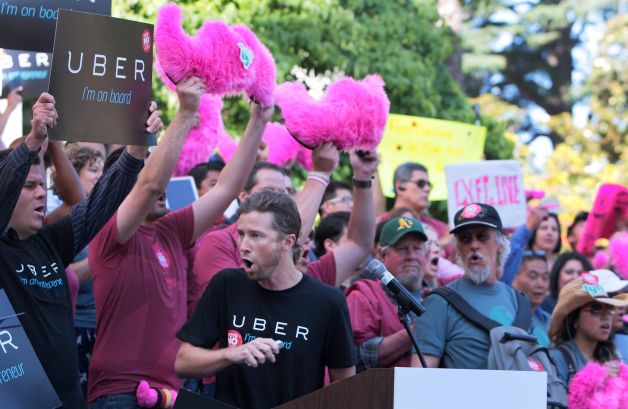Media

Unpopular Attempt to Undo Uber
Last week two Pennsylvania Utility Commission (PUC) administrative law judges recommended against legalizing the popular transportation service Uber in Allegheny County. The reason? The company, “is not committed to operating safely and legally.”
Why do they claim Uber is putting public safety at risk? The company refused to provide numbers on how many trips it provided while under a July cease-and-desist order.
It’s no surprise ride-sharing companies like Uber and Lyft are in a tussle with the state bureaucracy. Entrenched special interests, in this case taxicab companies, regularly use government to exclude new competitors. Think about state Certificate of Need laws that require doctors to seek government permission to purchase a new MRI scanner. Or professional licensing laws that require hair braiders to accrue 300 hours of training.
In this case, it’s clear the opposition consists mainly of Uber’s competitors. Support for ride-share companies is bipartisan. Both Governor Tom Corbett and Pittsburgh Mayor Bill Peduto have expressed their support for ride-sharing companies.
The media agrees the PUC’s position is unreasonable. A Pittsburgh Post-Gazette editorial describes Uber as “a highly innovative ride-share service that people in the Pittsburgh area are clamoring for after years of shabby and sometimes non-existent taxi service.”
It’s time for the PUC to stop obstructing consumers’ wishes and let ride-sharing flourish. Given the PUC’s outdated regulations, there are several pieces of legislation to change the law to let ride-sharing companies like Uber, Lyft and others continue to meet the needs of consumers.